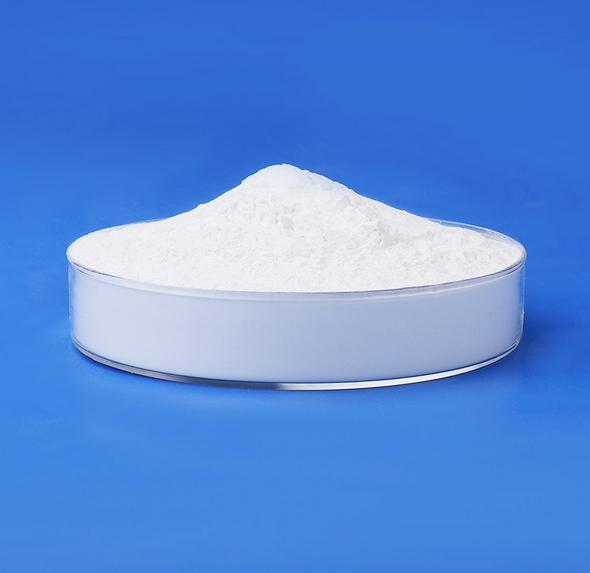The environmental impact of rubber smell removers varies depending on their types and components.
Activated Carbon – Based Removers
Activated carbon itself is relatively environmentally friendly. It is often made from natural materials like coconut shells or coal. During the adsorption process, it simply traps the volatile organic compounds (VOCs) responsible for rubber odors. Once saturated, the main concern is proper disposal. If discarded in landfills, the adsorbed VOCs may potentially leach out over time. However, in many cases, activated – carbon – based smell removers can be regenerated. Heating the activated carbon to a certain temperature can drive off the adsorbed VOCs, allowing the carbon to be reused. This reduces waste and its associated environmental impact. If not properly regenerated or disposed of, the carbon could contribute to landfill waste, but overall, its impact on air and water during normal use is minimal.
Chemical – Reactant Removers
Chemical – reactant removers can have more complex environmental implications. Some of the chemicals used to neutralize rubber odors may be harmful if released into the environment. For example, certain strong acids or bases in these removers, if not properly contained, can contaminate soil and water. When sprayed in an open environment, the chemical – reactant removers may release by – products into the air. If these by – products are volatile, they could contribute to air pollution. Additionally, if the remover is used in large quantities in industrial settings and then washed off into wastewater systems, it may affect the water treatment process. The chemicals might interfere with the biological treatment processes in wastewater treatment plants, potentially leading to reduced efficiency in treating sewage and higher levels of pollutants being released into water bodies.
Natural – Ingredient Removers
Natural – ingredient removers, such as those based on baking soda, vinegar, and essential oils, are generally considered more environmentally friendly. Baking soda is a common household substance that is relatively harmless to the environment. When used to remove rubber odors and then washed away, it breaks down into harmless components in soil and water. Vinegar, which is acetic acid diluted in water, also has a low environmental impact. It is biodegradable and will not persist in the environment. Essential oils, while they have a strong scent, are often derived from plants. However, if used in large quantities, some essential oils may have an impact on aquatic life if they enter water bodies. But overall, compared to chemical – reactant removers, natural – ingredient removers pose a much lower risk to the environment.
In conclusion, while some rubber smell removers can have environmental impacts, proper use, disposal, and selection of more eco – friendly options can help minimize these effects.

